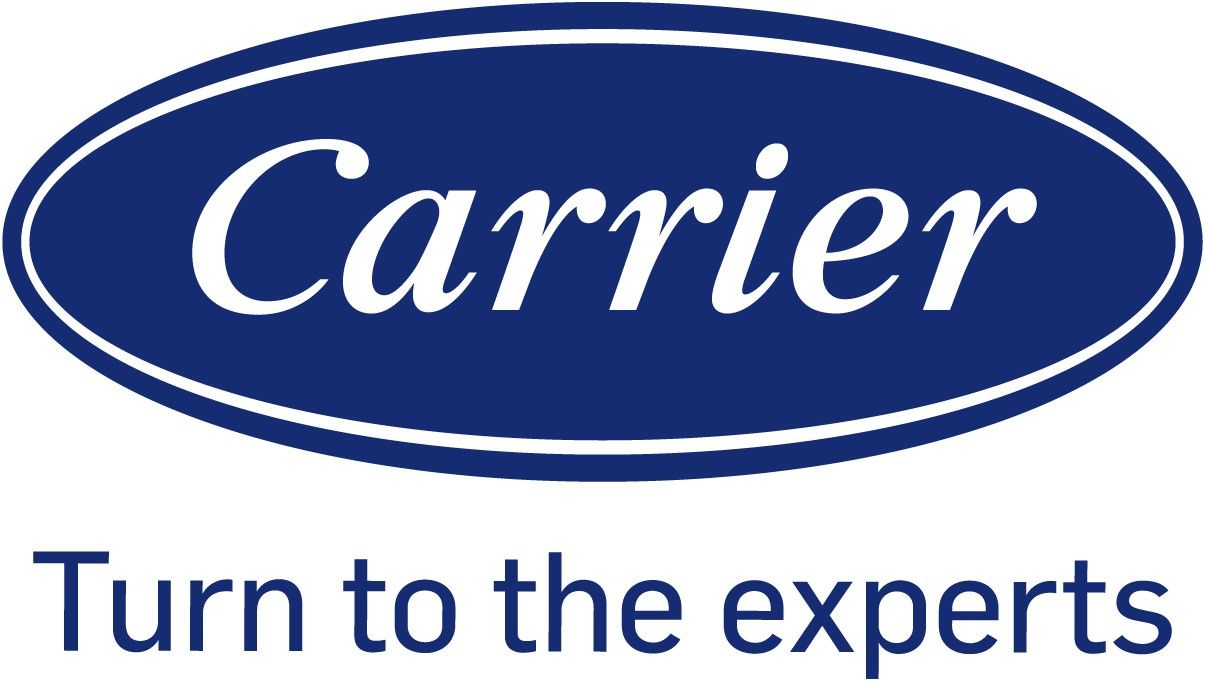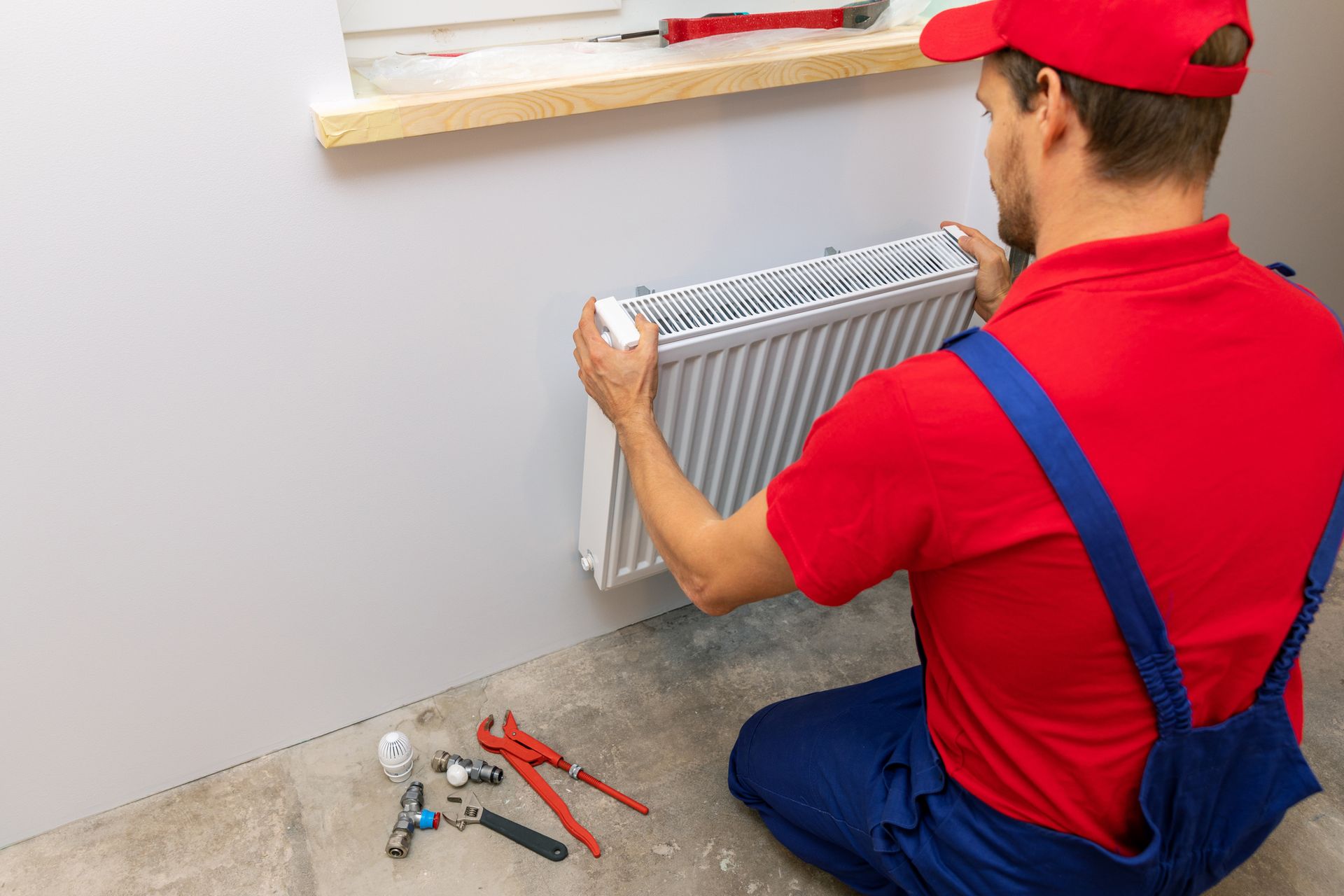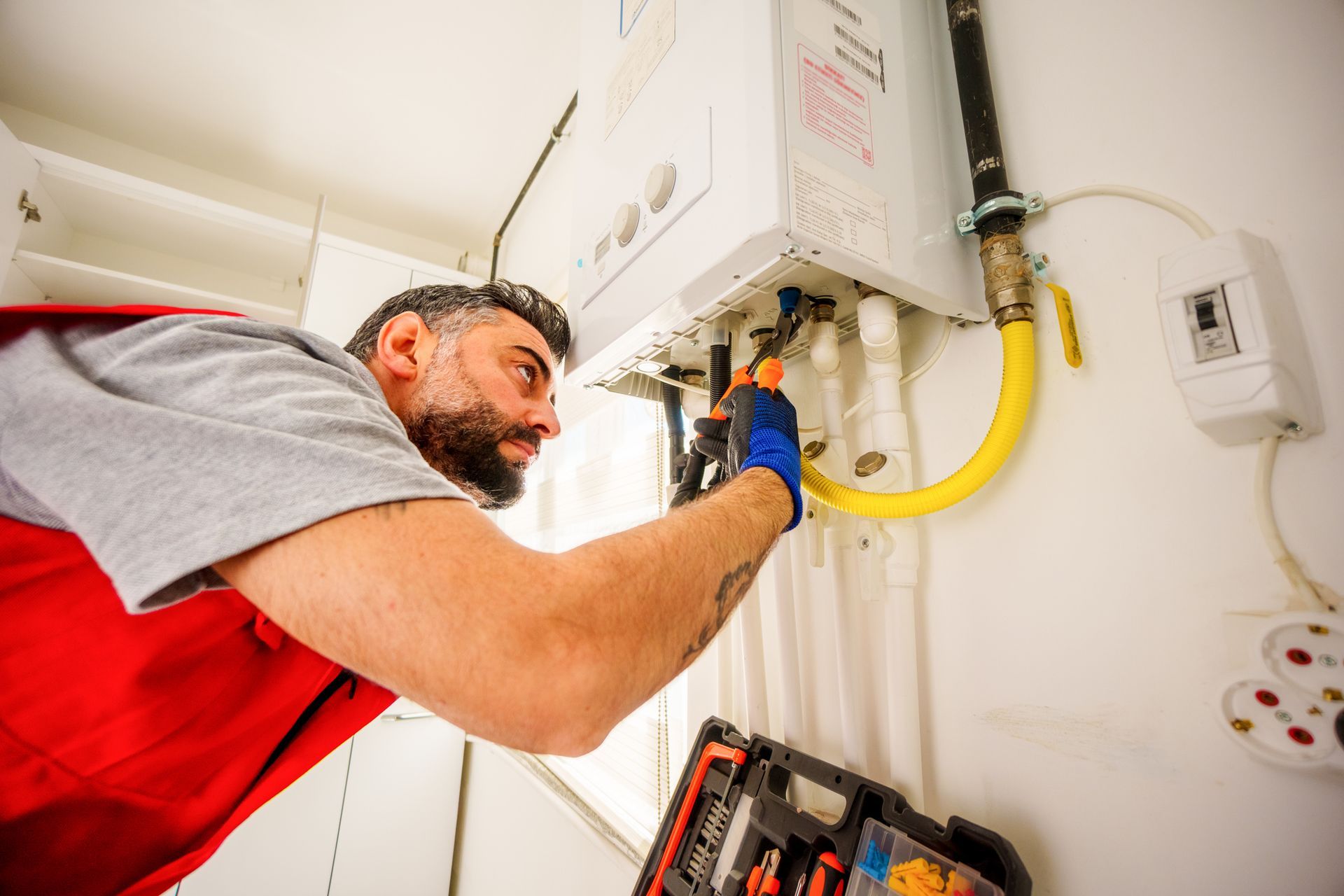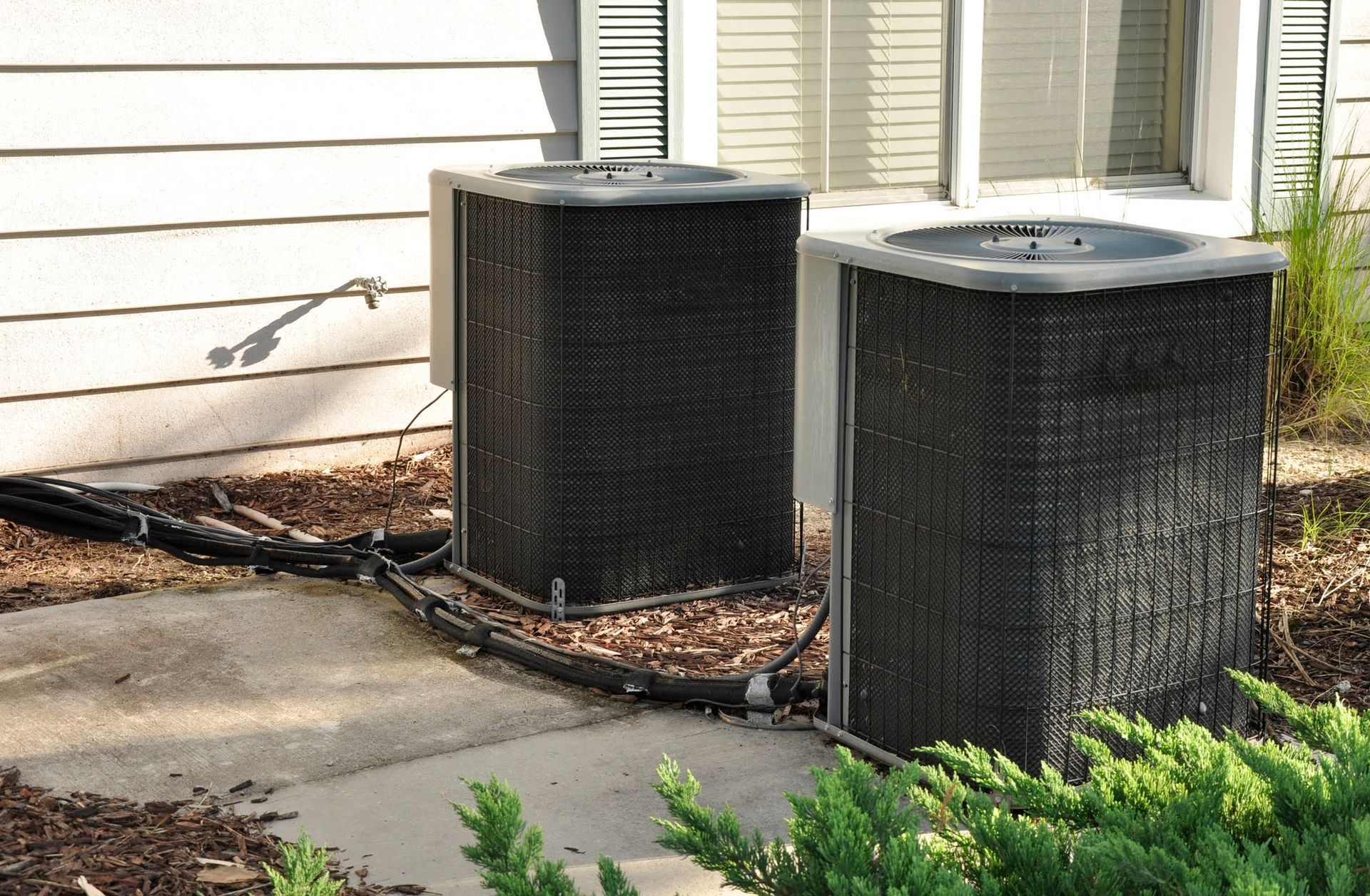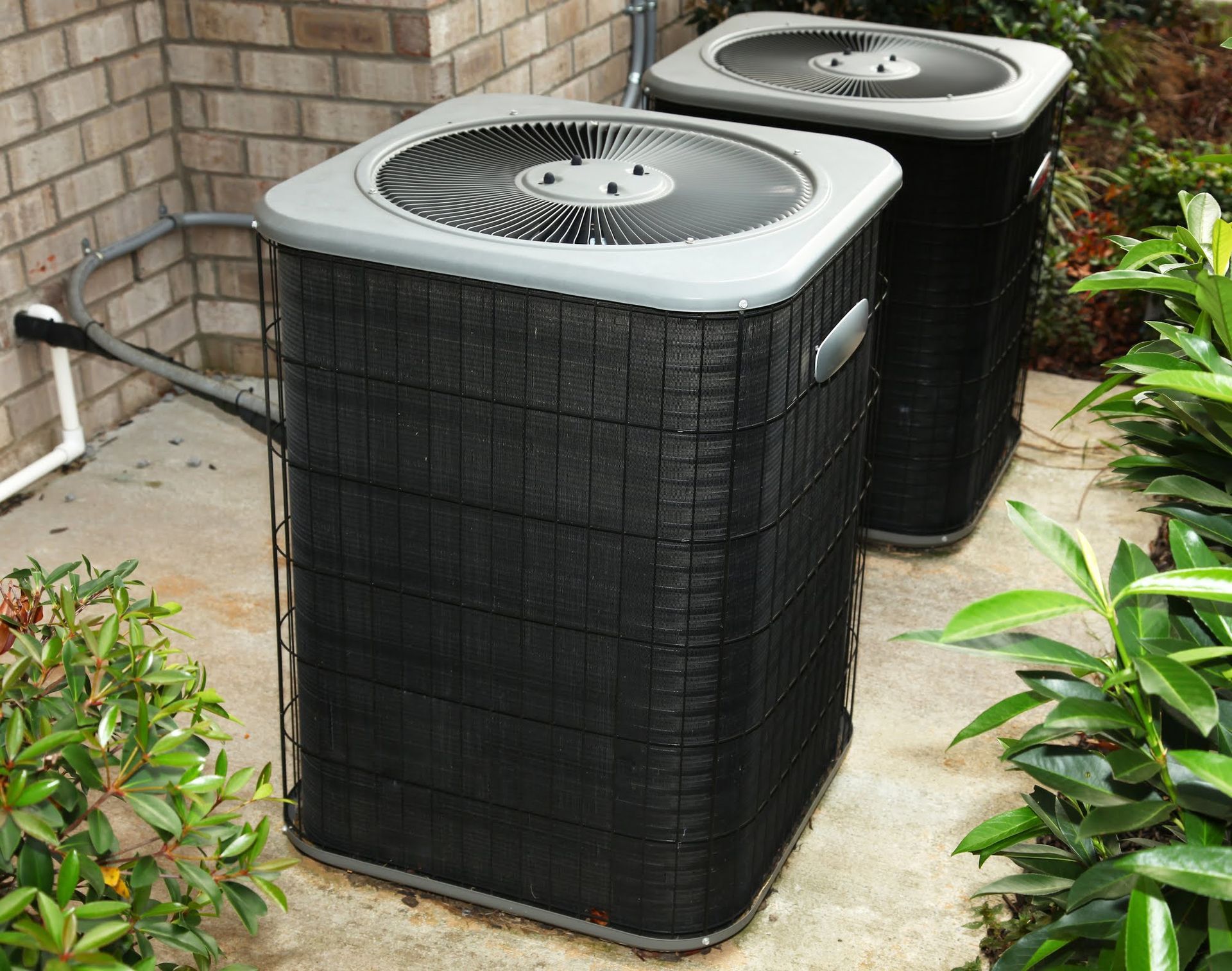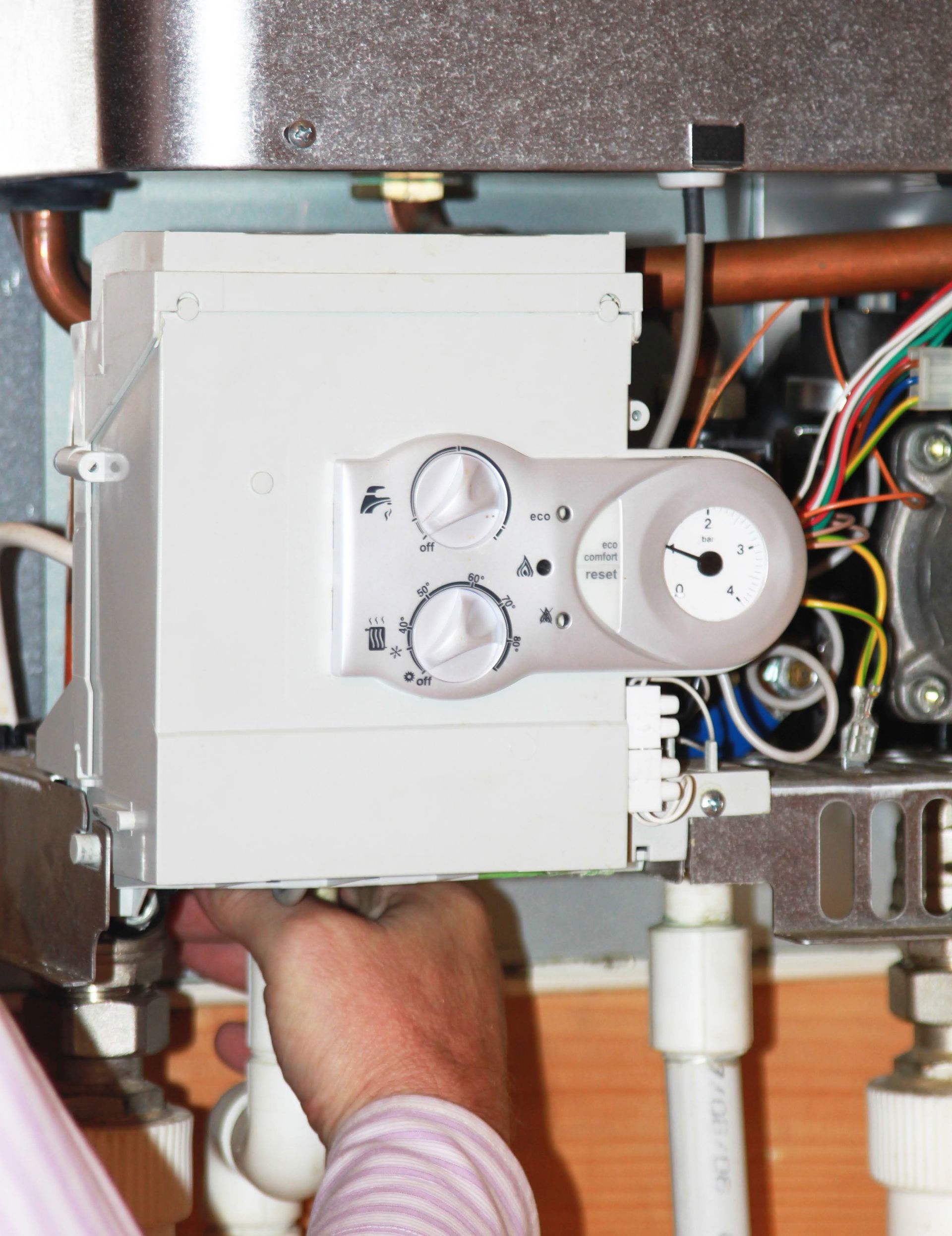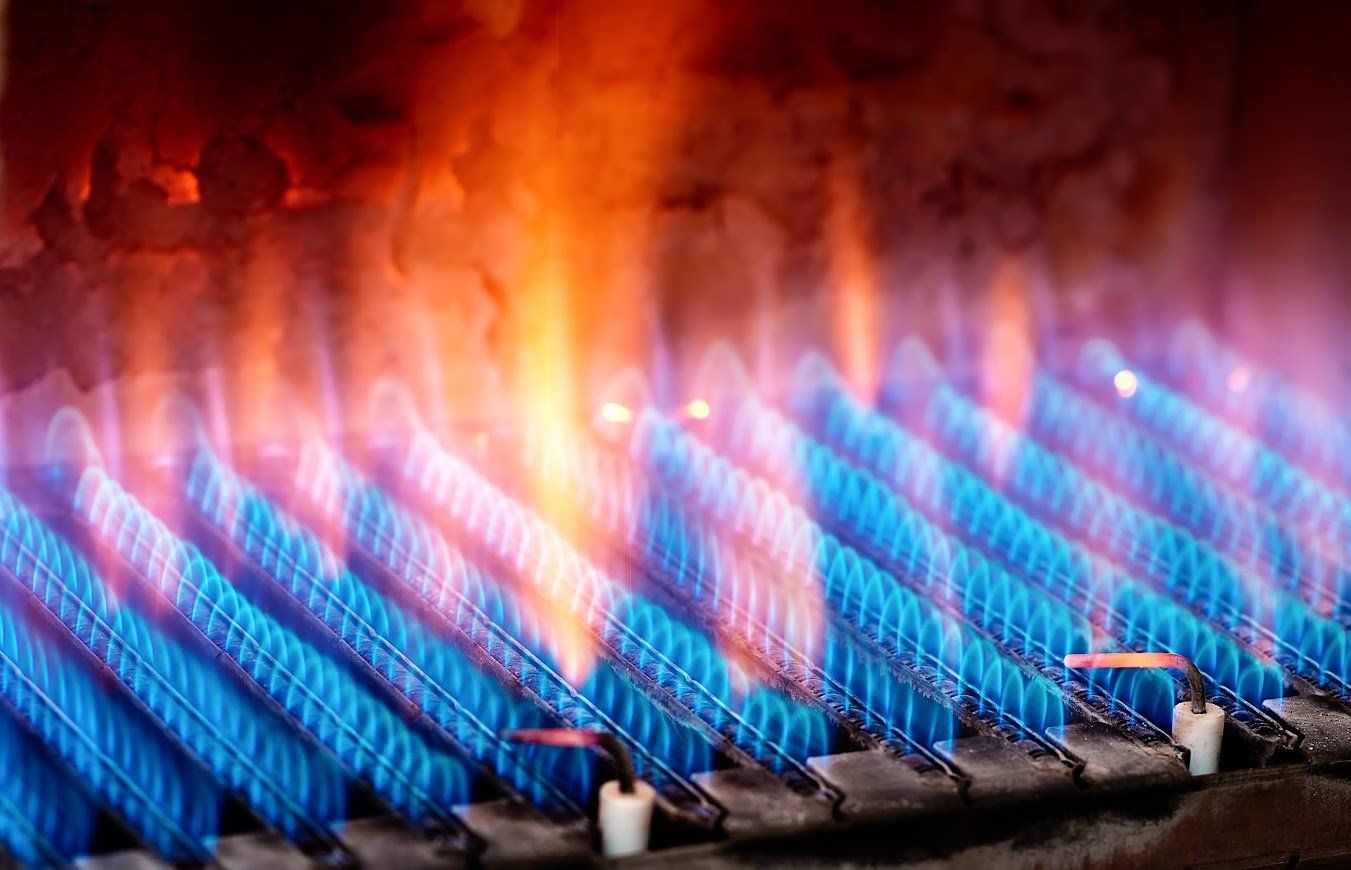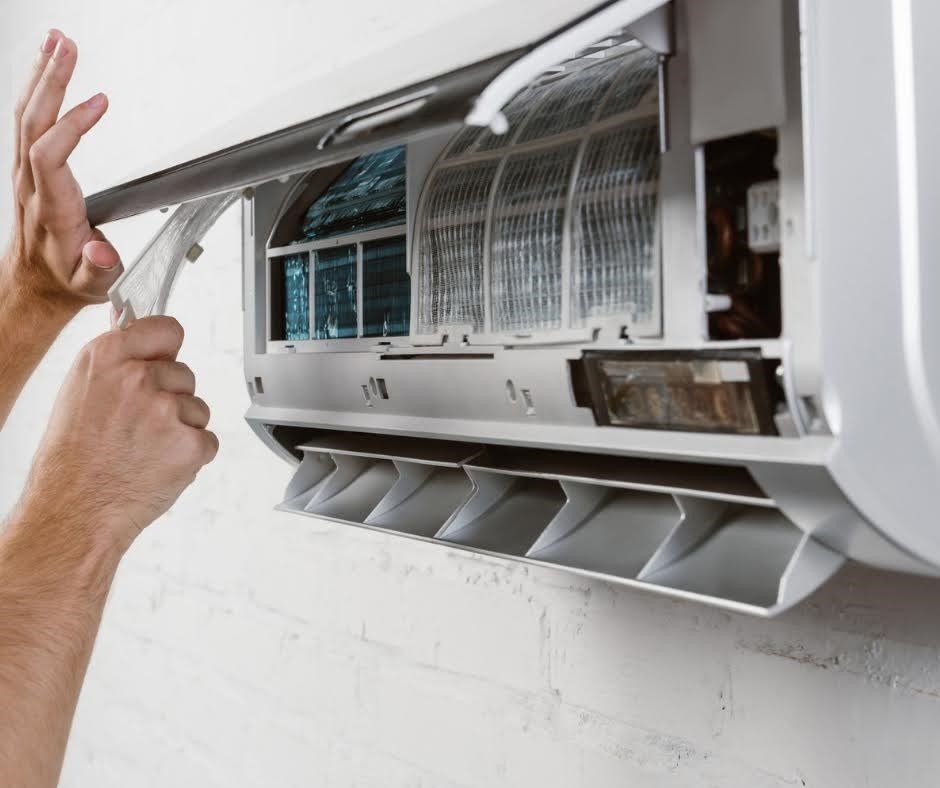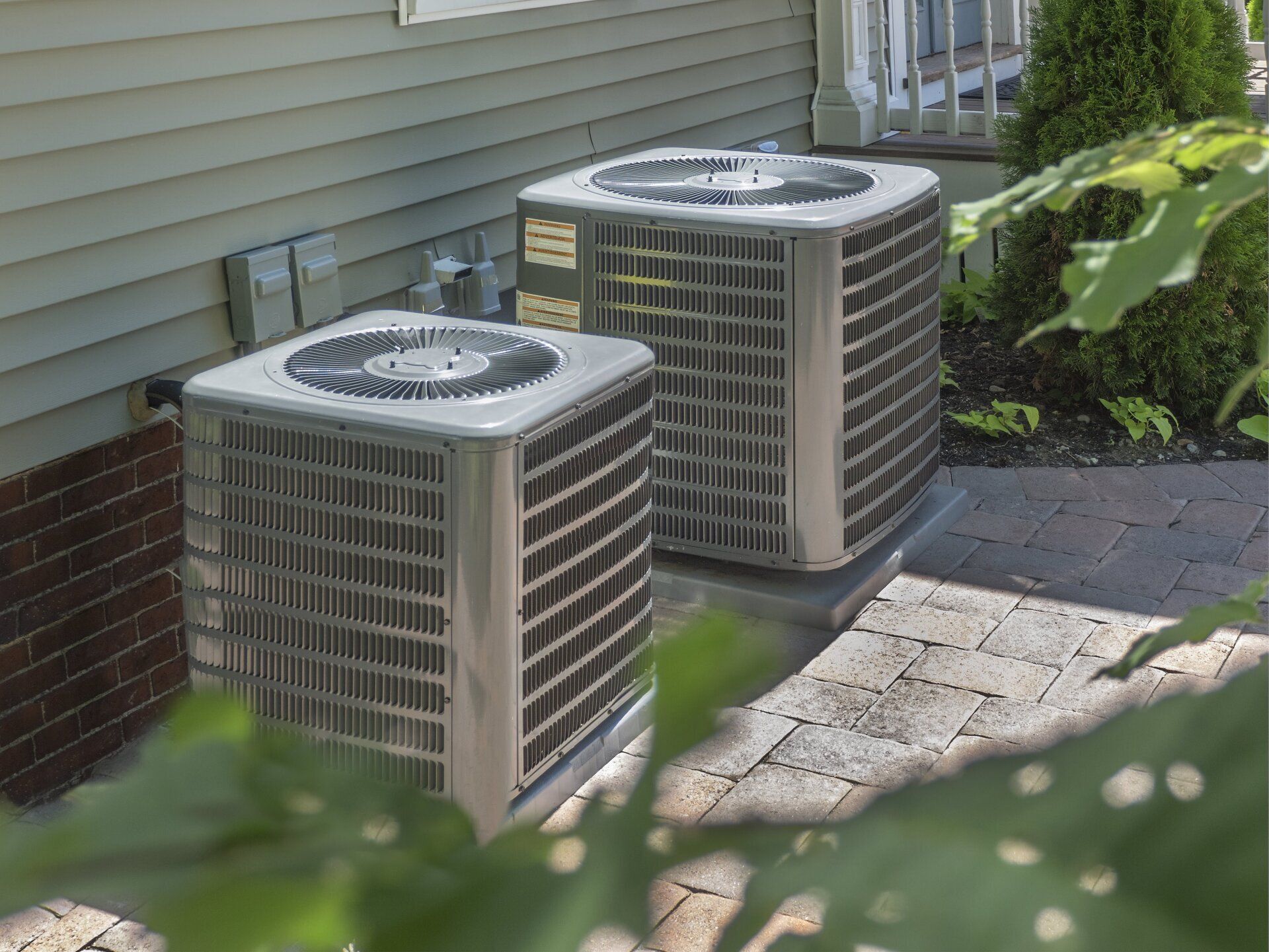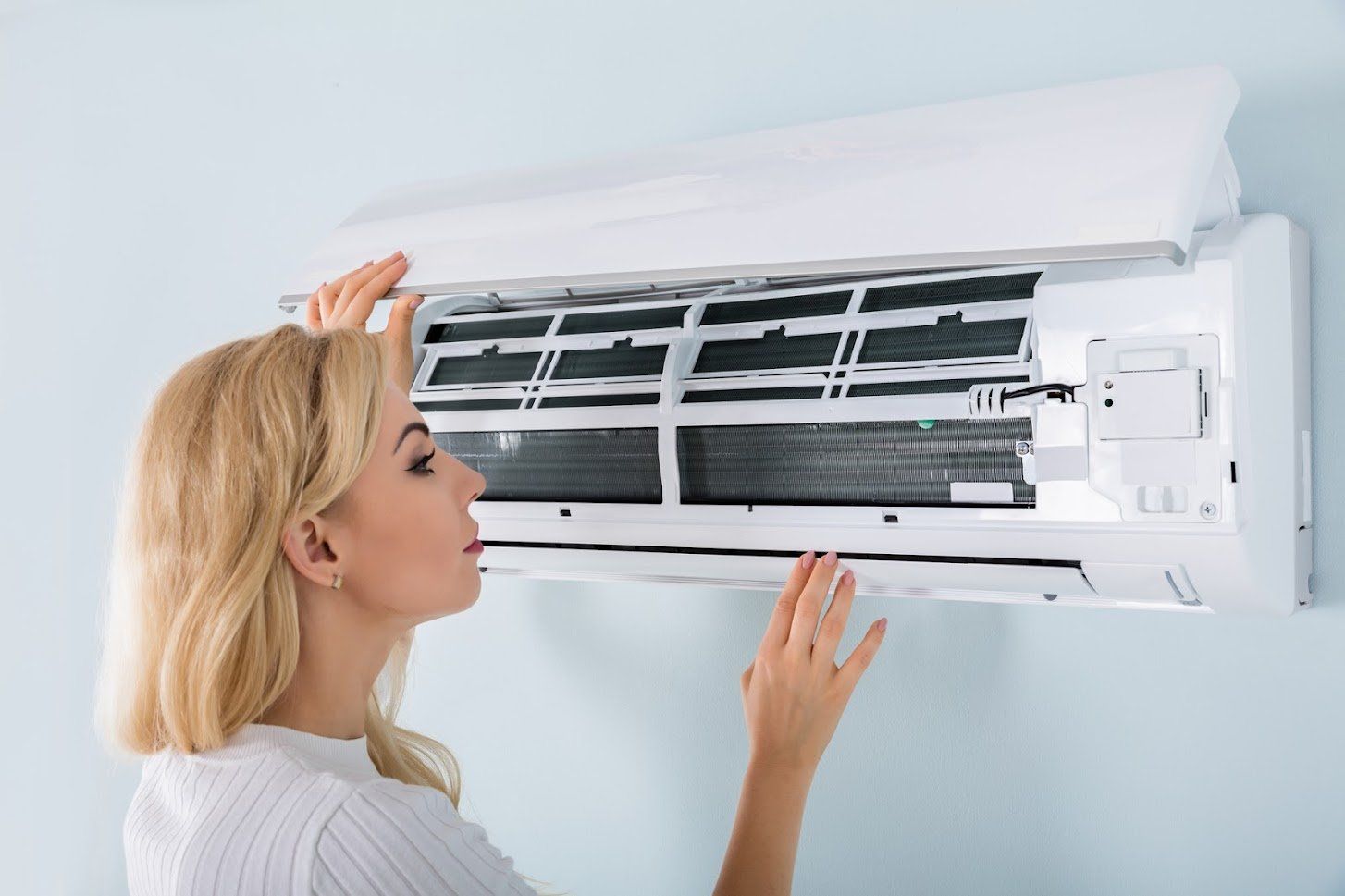4 Questions to Ask Before You Choose Ducted or Ductless Systems
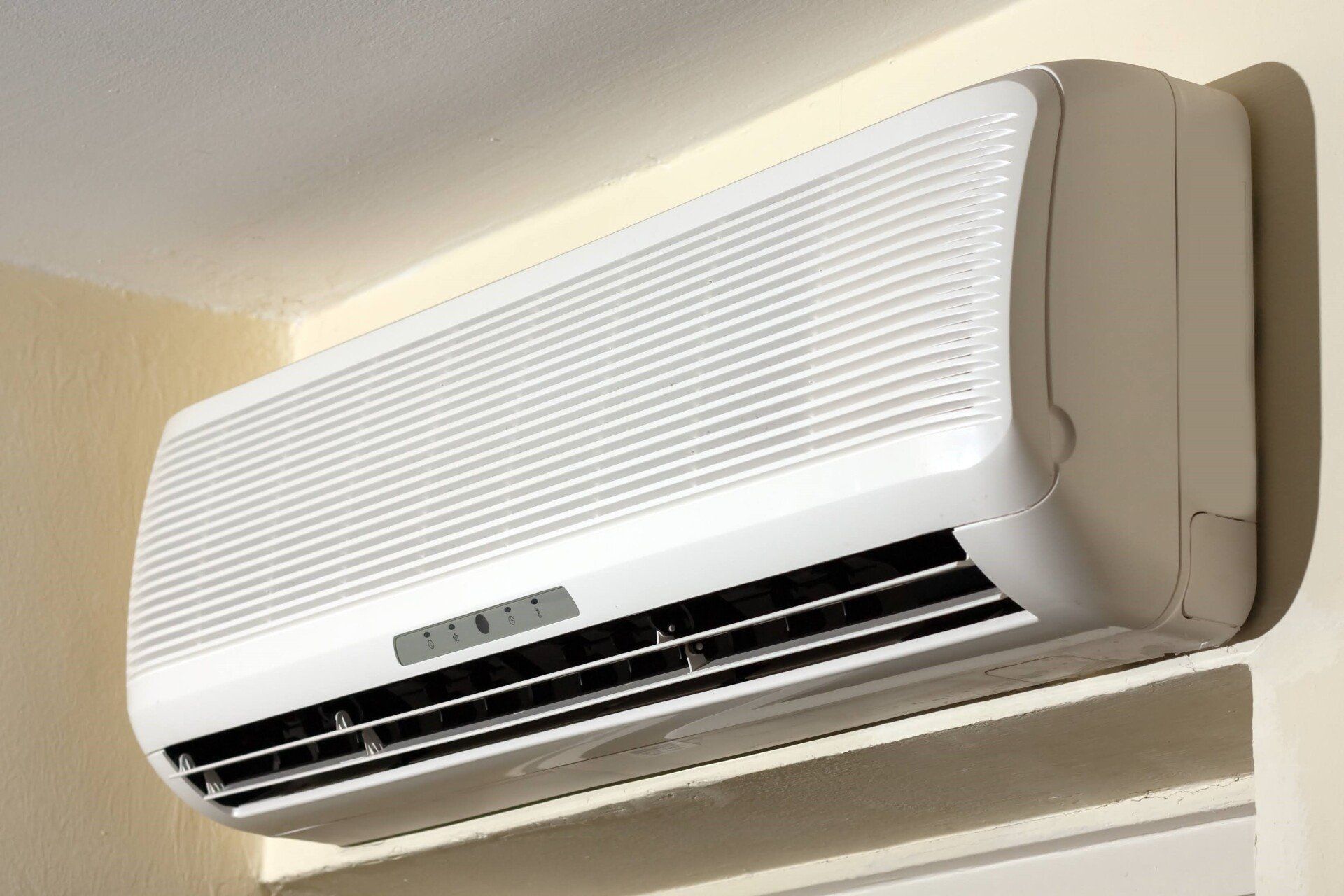
1. How Efficient Is Your Ductwork?
In ducted systems, air moves through a network of ducts and vents inside your walls. Performance will largely depend on how efficient your ductwork is. For example, leaking ducts result in poor insulation and as much as 45% of wasted heat in your home.
Start by considering the current state of your ductwork. If you already have clean and insulated air ducts, you can install a larger compressor for even better performance. The installation process will be quick and cost-effective. Moreover, with proper maintenance, your system will last for a long time to come.
If your home doesn't have pre-installed air ducts, or the ductwork is inefficient, then consider moving to a ductless system. The individual units in each room will deliver air directly and more efficiently.
2. How Humid Is Your Climate?
If you live in a humid area, excessive moisture in the air will reduce freshness and make you sweat often. If you're struggling with humidity, consider a ducted system. Well-maintained ducted units are excellent at circulating air and removing excessive moisture from your home. You can also attach dehumidifiers and air purifiers to your ducted system to eliminate moisture, germs, bacteria, and allergens.
Because ductless systems don't have a centralized mechanism for circulating air, they're less efficient in controlling humidity.
3. How Much Control Do You Need?
While ductless systems aren't the best for humid areas, they're an obvious choice for homeowners who desire more control. Ductless units allow you to create zones by adjusting temperatures in specific rooms. For example, if you like the kitchen a little cooler than your dining area, you can set different temperatures using the air handler in each room.
Zoning features are a great choice when renovating your home. Whether you're adding an extra bedroom or you need cooler air in your man cave, ductless split systems will get the job done.
4. How High Are Your Energy Costs?
Energy efficiency is another important question to consider. Many factors influence the efficiency of HVAC units. From the type of motor in your compressor to the level of insulation on exterior walls, efficiency may vary significantly from one home to another.
Consider the individual circumstances in your home and how much you're currently spending on heating/cooling bills. Ductless systems have high SEER ratings, allowing them to reduce energy consumption. SEER ratings measure the efficiency of a system throughout a particular season.
You also have ways to reduce energy costs with a ducted system. First, consider getting the ductwork cleaned and sealed to minimize leaks. You can also upgrade your thermostat and clean your fan blades for precise temperature control.
Ultimately, your choice to install a ducted or ductless system comes down to individual circumstances. Both options work for your home if you take steps to ensure proper installation, energy efficiency, and comfort.
Are you ready to get a new unit for your home? D&R Service, Inc., installs residential HVAC systems at competitive prices. We also provide free estimates before installation and repair. Contact us today.




